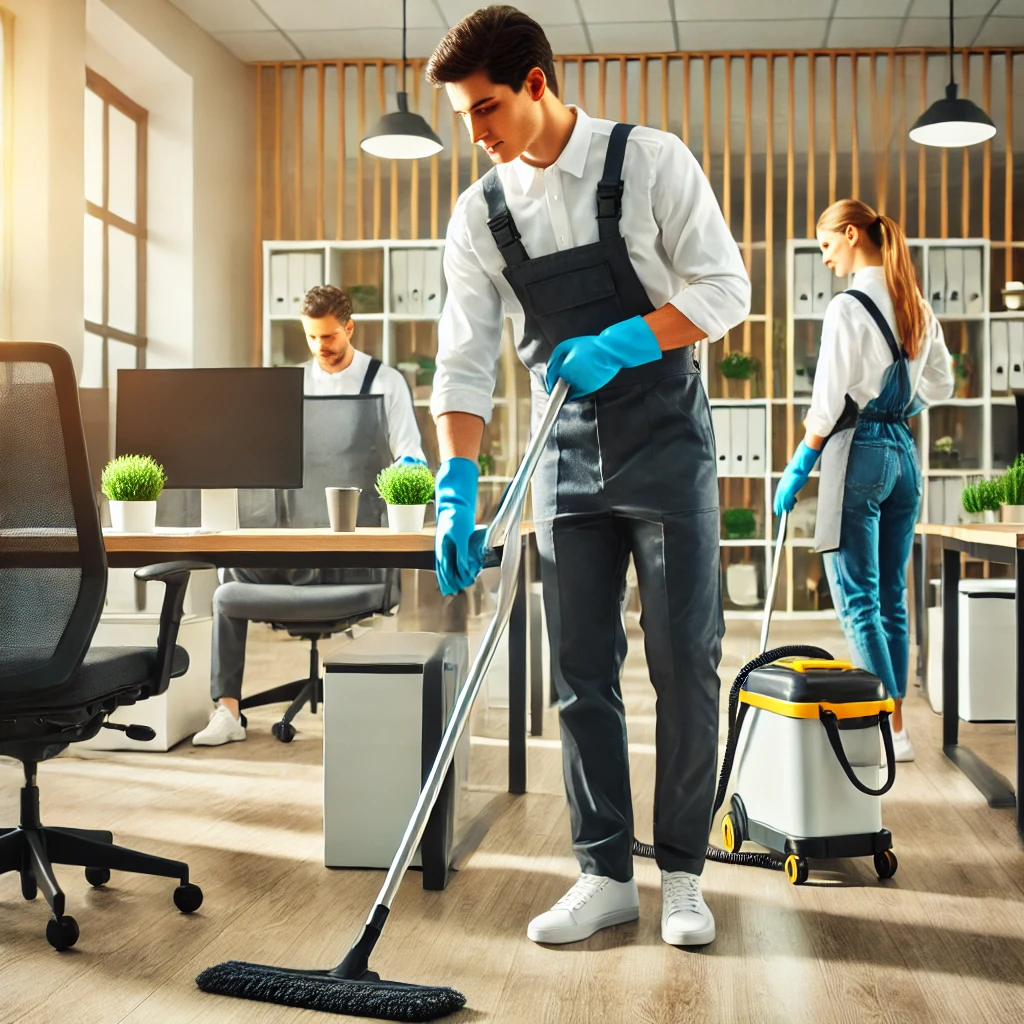Commercial cleaning is a thriving industry, offering vital services to businesses of all sizes. However, before embarking on a commercial cleaning venture in Australia, it’s essential to understand the regulatory landscape and whether a license is required. While each state may have slightly different regulations, the general requirements for starting a cleaning business are crucial for ensuring compliance and long-term success.
Do You Need a License?
In most cases, operating a commercial cleaning business in Australia does not require a specific license. However, this doesn’t mean that you can start a business without following any regulations. Cleaning businesses are subject to general business laws and industry-specific standards, which may require certain permits and registrations, especially when dealing with sensitive environments like healthcare facilities or government buildings.
Essential Business Registrations
Even though a specific cleaning license may not be necessary, there are several critical steps you must take to legally operate a commercial cleaning business. Firstly, it’s important to register your business with the Australian Business Register (ABR) and obtain an Australian Business Number (ABN). This registration legitimises your business and allows you to operate lawfully.
If you plan to hire employees, you’ll also need to register for a Tax File Number (TFN) and ensure your business complies with Australia’s tax obligations, including superannuation and workers’ compensation insurance. Additionally, registering for the Goods and Services Tax (GST) is mandatory if your annual turnover exceeds $75,000.
Insurance and Compliance
Insurance is a significant part of the regulatory requirements for cleaning businesses. Public liability insurance is crucial to protect your company from claims of injury or damage caused by your services. Workers’ compensation insurance is equally important if you have staff, ensuring they are covered for workplace injuries.
Compliance with workplace health and safety (WHS) regulations is another essential factor. Cleaning businesses are often exposed to hazardous chemicals and environments, and following WHS guidelines ensures you provide a safe working environment. In some cases, additional certifications like Chemical Safety or Infection Control may be required, particularly when working in sensitive industries.
Special Considerations
Certain cleaning jobs, such as handling biohazards or working in government buildings, might require additional security clearances or certifications. For instance, cleaning staff working in schools or health facilities may need a Working with Children Check or a National Police Check. Moreover, for specialised cleaning services like asbestos removal, specific licenses and training are mandated by law.
Conclusion
While a specific commercial cleaning license is generally not required in Australia, there are several key business and compliance steps you need to take. From registering your business to ensuring appropriate insurance and training, adhering to these regulations will allow your cleaning business to operate smoothly and legally. Always stay informed about state-specific requirements, as regulations may vary slightly across Australia.
For more detailed information on cleaning business requirements, visit our commercial cleaning regulations page. You may also find valuable insights on workplace safety compliance and insurance for cleaning businesses.

